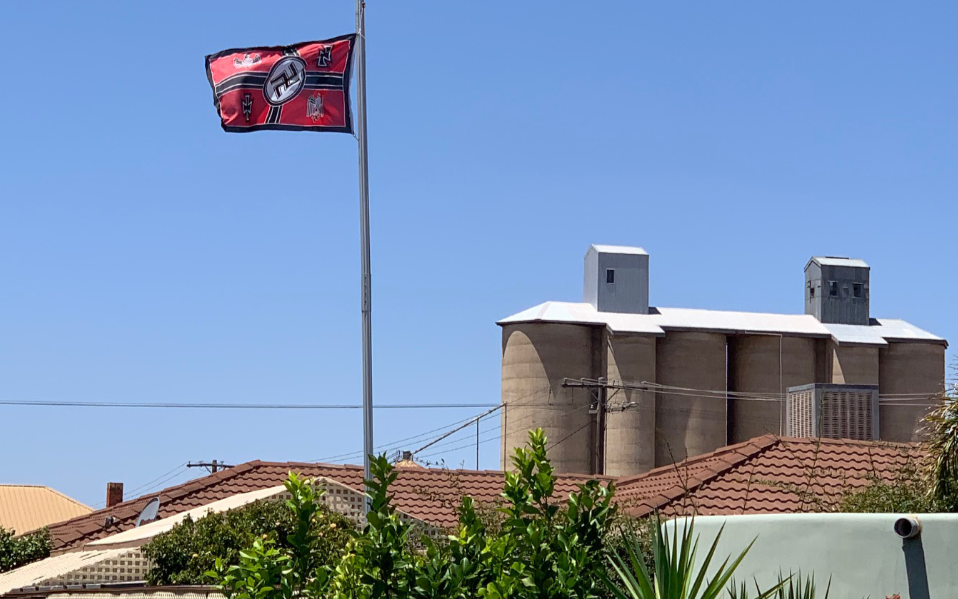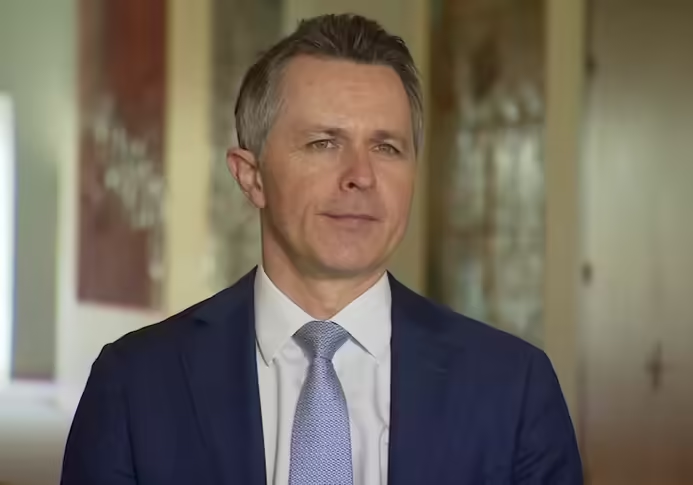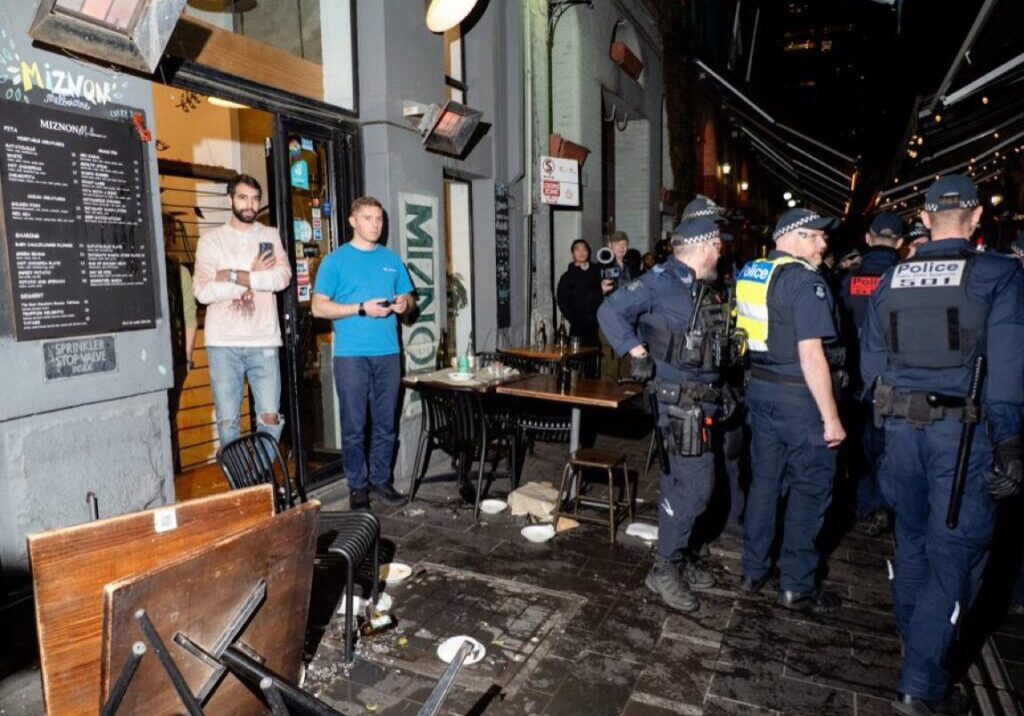Australia/Israel Review
Media Microscope: Ban more than symbolic
Mar 2, 2020 | Allon Lee

The 75th anniversary of the liberation of Auschwitz in January, together with reports of increasing displays of Nazi symbols, started a debate over whether Nazi symbols should be banned.
Following an incident in the Victorian town of Beulah where property owners were brazenly flying a Nazi flag close to where a Holocaust survivor lives, AIJAC’s Jeremy Jones told ABC Radio “PM” (Jan. 14) listeners that the Nazi flag represents “genocidal racism”. Jones said that “in recent times people who may have harboured despicable views… have been much more open in their expression of these views and there have also been horrific actions taken by people infected by these views.”
The same radio report noted Victorian Premier Daniel Andrews’ commitment that a current Victorian inquiry into racial vilification laws would focus on “antisemitic behaviour”.
ABC Radio Melbourne (Jan. 14) quoted Anti-Defamation Commission chairman Dvir Abramovich explaining “it’s not illegal and that’s where the problem lies… They are using the swastika as a rallying cry to celebrate the murderous legacy of the Third Reich, and they have the law on their side.”
The Age (Jan. 17) backed a ban on displays of the swastika, citing the growing incidence of the Nazi symbol appearing in Australia.
The paper noted many countries prohibit a range of symbols. This includes the hammer and sickle icon which “came to represent the totalitarian regime of the Soviet Union [and] is illegal, along with the swastika, in several countries: Hungary (1993), Lithuania (2008), Poland (2009), Ukraine (2015).” France, the editorial said, “bans displays of symbols, uniforms and insignia that have been utilised by organisations responsible for crimes against humanity.”
According to the Age editorial, “The political ideals underpinning this symbol have been categorically defeated in war and comprehensively rejected in principle. It is a symbol so notoriously linked to hatred and racism, to state-based mass murder and tyranny, that it can never be allowed to rise again.”
In the Age and Sydney Morning Herald (Jan. 18), former Race Discrimination Commissioner Tim Soutphommasane backed a ban, arguing that it should be treated with the same seriousness as displays of the Islamic State flag, which are banned.
Soutphommasane said a ban could be realised through applying Section 18C of the federal Racial Discrimination Act which makes it “unlawful to offend, insult, humiliate or intimidate other people on the grounds of their race.”
He argued that critics of 18C who oppose using legislation to counter hate speech “wouldn’t be so tolera[nt] of IS flags; we wouldn’t for a moment believe we could only counter IS extremists through ‘good speech’.”
However, Victorian Reason Party leader Fiona Patten, who has campaigned for the Racial and Religious Tolerance Act 2001 to include vilification on the grounds of sexuality, gender and disability, opposed a blanket ban of the flag.
The Age (Jan. 14) quoted Patten saying, “The history of the Nazi party and the extraordinary, horrific acts that they undertook is one thing. I don’t think prohibiting something or banning it is the answer, however we do want to prohibit people trying to incite hatred and violence.”
In an article on the legacy of Auschwitz (Age, Jan. 23), Abramovich wrote, “Auschwitz stands for the ultimate consequence of antisemitism… Sadly, the world has not learnt its lessons. Consider the genocides in Cambodia, Bosnia, Rwanda, and now in Darfur and the Congo. In Australia, the perversion of Jew hatred is back… If we don’t call out anti-Semitism when it happens, it may be too late to turn back the tide.”
On Jan. 25, the Age and Sydney Morning Herald quoted Governor General David Hurley, who visited Israel to participate in the ceremony marking the 75th anniversary of the liberation of Auschwitz, endorsing calls for a debate on the feasibility of a ban.
A feature in the Age and Sydney Morning Herald (Jan. 27) on Auschwitz survivor Eva Slonim quoted her saying that “people who flaunt Nazi flags or badges are not only offensive, they’re dangerous.”
In the Age (Feb. 2), Victorian MPs David Southwick and James Newbury wrote of the Victorian Liberal party’s intention to push for a legislative ban on the public display of Nazi symbols.
They said a ban is needed because, “while Victoria remains a proudly open society where everyone is encouraged to speak their minds freely, we must constantly guard against that openness being abused by some to spread fear and incite violence.”






